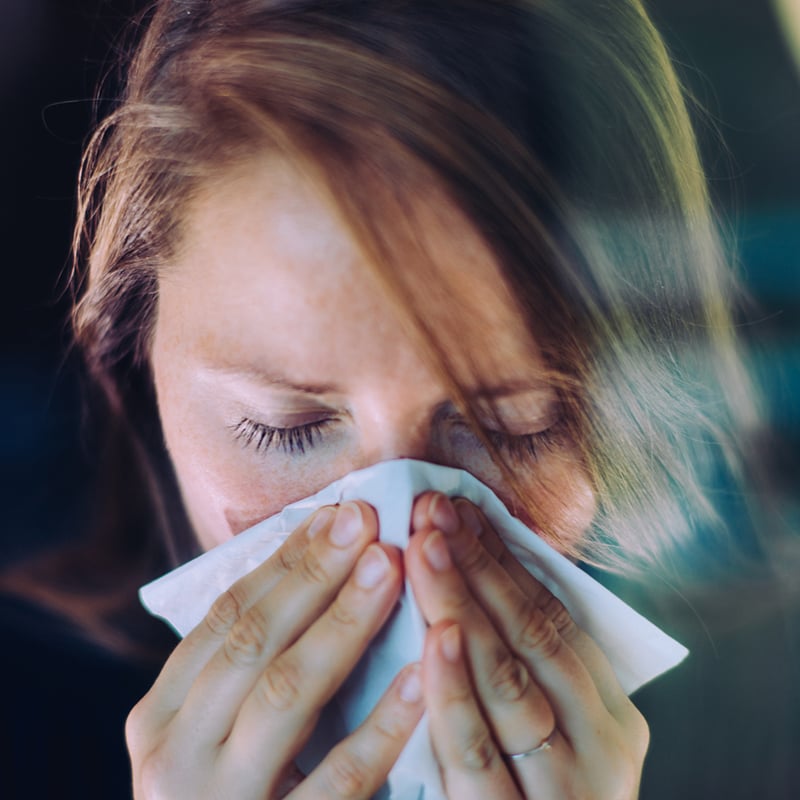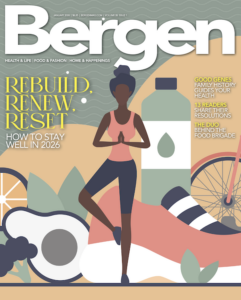How To Avoid Seasonal Sickness
Just because family and friends are coughing doesn’t mean you will too. Here are tips to stay healthy this winter.

Does it seem like everyone around you is sick? You personally might be coughing and sneezing too. So now you’re wondering: What is it?
The symptoms are clear: It’s a lingering, hacking cough that makes you feel exhausted. The coronavirus is indeed circulating again, and cases in New Jersey have been on the rise since December. But at-home COVID tests suggest you’re in the clear.
It’s also cold and flu season, but the respiratory syncytial virus (RSV) is the most likely culprit behind this cough. RSV became a household term last year and has been on our minds ever since.
Unfortunately, there’s no magic wand to wave that’ll rid your body of RSV. Treatment of mild symptoms includes an increase of fluids, over-the-counter medications and plenty of rest. Those whose cough persists for more than three to four weeks, or if it’s accompanied by fever and shortness of breath, should seek medical care.
The best medicine, of course, is prevention—so how can you avoid seasonal woes like RSV, as well as the flu and other respiratory illnesses? Consider these recommendations:
- Cover your mouth with a tissue or shirt sleeve when you cough or sneeze.
- Wash your hands often with soap and hot water for at least 20 seconds.
- Avoid touching your face with unwashed hands.
- Avoid close contact with others, such as kissing, shaking hands and sharing cups and utensils. (Think twice before observing National Hugging Day, Jan. 21.)
- Clean frequently touched surfaces like doorknobs and smartphones
“If you continue to practice the safety measures that you learned and re-learned during the pandemic—using hand sanitizer, washing hands thoroughly, covering nose and mouth when you cough and sneeze—then you greatly reduce your risk of getting sick,” Sonia Chadha, M.D., lead primary care physician at Amit Agarwal, M.D., Paramus, tells BERGEN.
“And remember to be respectful for others. Stay home if you have any symptoms like coughing, sneezing, fever, chills and/or body aches. Staying safe and healthy is a team effort.”

